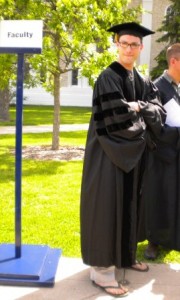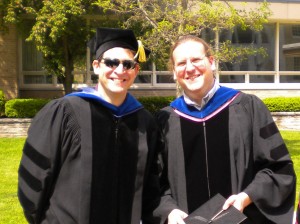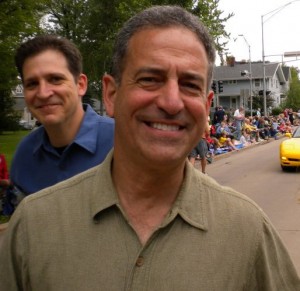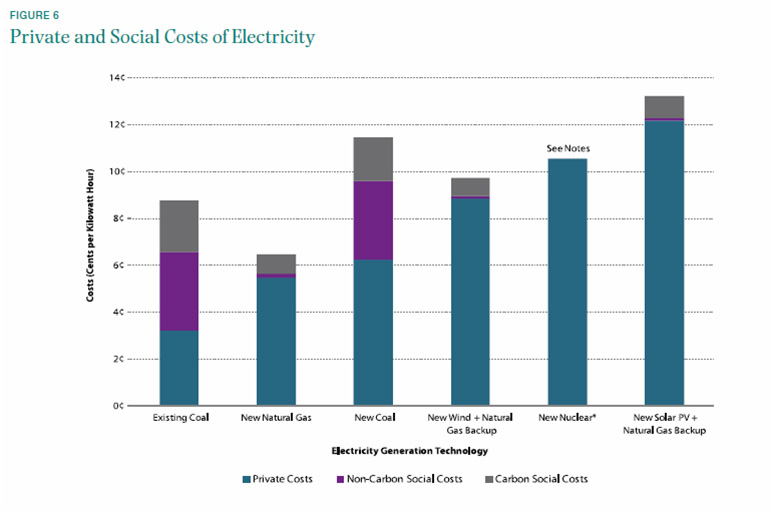In a piece dear to the hearts of all my Econ 300 students, Master of rhetoric Deidre McCloskey lays out the case for teaching old school, Chicago economics. Although I certainly beat the maximize! drum, the central intuition is certainly that profits drive economic activity in the long run. McCloskey traces the historical context back to Adam Smith:
The core of Smithian economics, further, is not Max U. It is entry and exit, and is Smith’s distinctive contribution to social science… He was the first to ask what happens in the long run when people respond to desired opportunities. Smith for example argues in detail that wage-plus-conditions will equalize among occupations, in the long run, by entry and exit. At any rate they will equalize unless schemes such as the English Laws of Settlement, or excessive apprenticeships, intervene. Capital, too, will find its own level, and its returns will be thereby equalized, he said at length, unless imperial protections intervene.
The essay is interesting throughout, and I certainly approve of her message on this point.
If you like the rhetoric of this piece, you might consider checking out some of McCloskey’s other works, as she is indeed a prolific writer. One recent add to my summer reading list is her update of The Rhetoric of Economics. In it, she argues that “economics is literary,” and that making a persuasive case is “done by human arguments, not godlike Proof.”
This is one of McCloskey’s continuing projects. This one began with her work in the 1980s, and continues to be discussed today. The preface to the second edition, in fact, begins with a discussion of why more people didn’t read past chapter 3 in the first edition.
 With reunion upon us, it is an excellent time to ask, “why go to college?” Indeed. To help us out with that question, Louis Menand has a provocative piece in a recent
With reunion upon us, it is an excellent time to ask, “why go to college?” Indeed. To help us out with that question, Louis Menand has a provocative piece in a recent  Now that Commencement has passed, we can get on with our summers. For me, that means I can try to take a bite out of the big, tasty stack of books I have been accumulating over the past 9 months.
Now that Commencement has passed, we can get on with our summers. For me, that means I can try to take a bite out of the big, tasty stack of books I have been accumulating over the past 9 months.


 This fall, Professor Galambos and I will be leading a group read of F.A. Hayek’s The Road to Serfdom. The course will be offered for one unit as DS 391 — On the Road with Hayek, and we will have a sign up and coordinate times at the beginning of fall term. I expect with this book we will probably meet eight of the ten weeks.
This fall, Professor Galambos and I will be leading a group read of F.A. Hayek’s The Road to Serfdom. The course will be offered for one unit as DS 391 — On the Road with Hayek, and we will have a sign up and coordinate times at the beginning of fall term. I expect with this book we will probably meet eight of the ten weeks.
 The weekly
The weekly 

 The year-end picnic, more affectionately known as the Econ-nic, is set for Thursday at 5 p.m. on Hiatt Patio. There will be
The year-end picnic, more affectionately known as the Econ-nic, is set for Thursday at 5 p.m. on Hiatt Patio. There will be